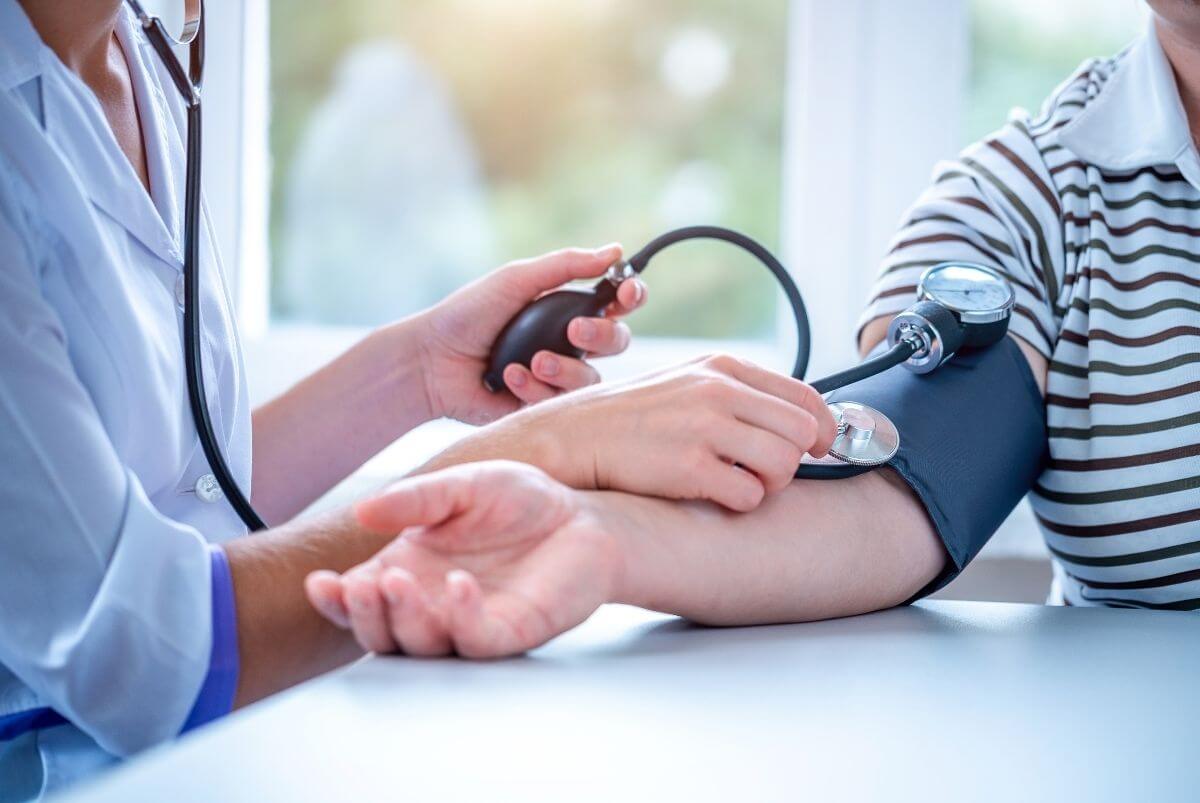
Coffee has both health benefits and side effects. Some health benefits of coffee include boosts metabolism, physical and mental performance, and mood. Coffee improves your health and well-being when taken in low or moderate amounts. Coffee contains caffeine; therefore, high consumption of coffee has dangerous and unpleasant side effects. Below are the negative effects of coffee you didn’t know about.
Advertisement
1. Insomnia

Caffeine plays a vital role in ensuring you stay awake for a long duration. Excessive caffeine makes it difficult to obtain sufficient restorative sleep. Based on science, high amounts of caffeine in coffee disrupt your sleep patterns, particularly if you’re aged. Moderate and low amounts of caffeine don’t have abrupt effects on your sleep cycles, particularly if you have self-reported insomnia or a good sleeper. Coffee is an excellent source of caffeine, but it’s also available in tea, energy drinks, cocoa, and some medications. There are some factors that’ll determine the magnitude of caffeine in affecting sleep, such as genetic and type of coffee if you’re opting for quality sleep, moderate coffee intake, or identify the suitable time for consumption.
Advertisement
2. Muscle Breakdown

Rhabdomyolysis is a chronic condition whereby your damaged muscle fibers cause kidney failure because they’re deposited in the bloodstream. There are various causes of rhabdomyolysis, such as excessive caffeine intake, muscle strain, drug abuse, trauma, bites from poisonous insects and snakes, and certain infections. Women suffering from rhabdomyolysis will develop vomiting, dark urine, and nausea. A doctor will prescribe various medications and fluids to curb the problem. This problem occurs when you consume more coffee within a short span. In order to lower the risk of rhabdomyolysis, moderate your coffee intake.
Advertisement
3. Digestive Issues

Coffee’s laxative impacts boost the production and release of gastric, thus accelerating colon activity. More research has been done to ascertain decaffeinated coffee’s suitability, but the results remained the same. Caffeine increases peristalsis, thus stimulating bowel movement. In the long run, large quantities of caffeine can cause diarrhea or loose stool. Studies show that coffee doesn’t cause stomach ulcers. Coffee can worsen GERD(gastroesophageal reflux disease). If you’re experiencing digestive issues, you should reduce coffee intake or shift to close substitutes.
Advertisement
4. Anxiety

Caffeine blocks the impacts of adenosine. Based on studies, adenosine is a brain chemical that plays a significant role in making you feel tired. At the same juncture, adenosine will trigger adrenaline hormones, thus increasing your energy levels. High quantities of coffee will cause nervousness and anxiety. There are several caffeine-related disorders:
- Caffeine-induced sleep disorder
- Caffeine intoxication
- Caffeine-induced anxiety disorder
Some individuals are more sensitive to caffeine more than others. Therefore, even in moderate amounts, caffeine can cause jitteriness and nervousness. In addition, increased amounts of caffeine will increase stress and rapid breathing.
Advertisement
5. High Blood Pressure

Based on research, caffeine doesn’t increase the odds of developing stroke or heart disease. There are various studies that have shown that coffee increases blood pressure if consumed in larger amounts. High blood pressure will, therefore, increase the risk of developing stroke and heart disease. Elevated blood pressure can cause severe damage to your arteries, thus restricting the smooth flow of blood to the brain and heart. Research shows that caffeine’s impact on your blood pressure level is temporary. In addition, caffeine has a major impact on individuals who aren’t used to it. High coffee intake raises blood pressure in healthy people, especially during exercise.
Advertisement
6. Addiction

can cause a habit-forming or addiction. At high doses, caffeine triggers brain chemicals, thus leading to physical and psychological dependency. Taking coffee on a daily basis, especially in large amounts, will increase the odds of fatigue, withdrawal symptoms, and headaches. Drinking excessive coffee and other caffeinated beverages may lead to dependency on its effects.
Advertisement
7. Rapid Heart Rate

Caffeine stimulates your heart, thus leading to faster heartbeats. Altered heartbeats are termed atrial fibrillation. Large doses of coffee can cause other health issues, such as kidney failure. Based on research, some individuals suffering from heart problems can withstand the adverse effects of excessive caffeine.
Advertisement
8. Fatigue

Coffee boosts your energy levels. When caffeine leaves your body, you’ll experience rebound fatigue. If you drink coffee regularly, you won’t become more tired. Therefore, in order to minimize these effects, you should drink coffee in moderation.
Conclusion
There are other negative impacts of coffee, such as urgency and frequent urination. If you’re experiencing the above-mentioned effects, then it’s high time you reduce or moderate coffee intake.
Advertisement





